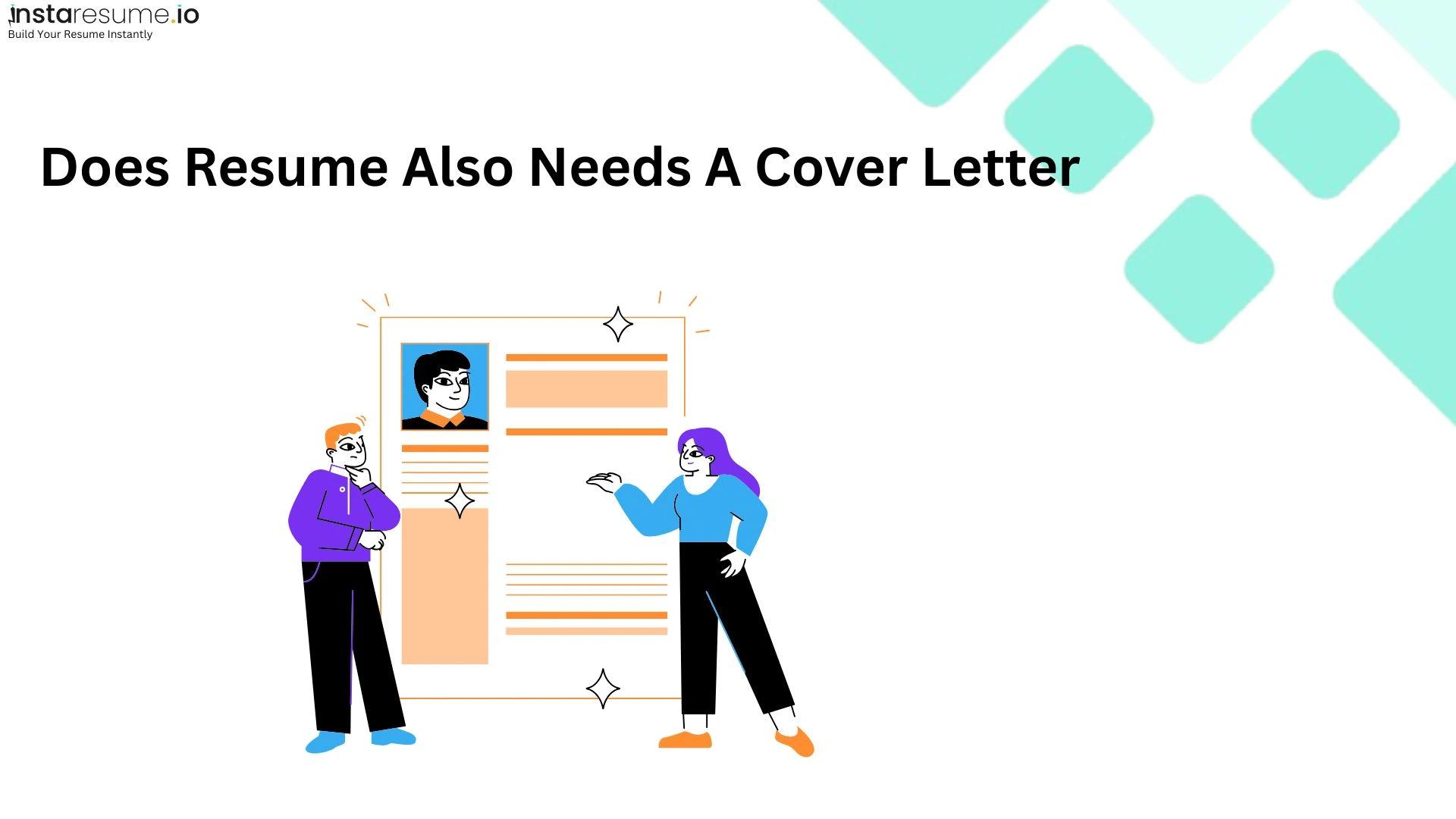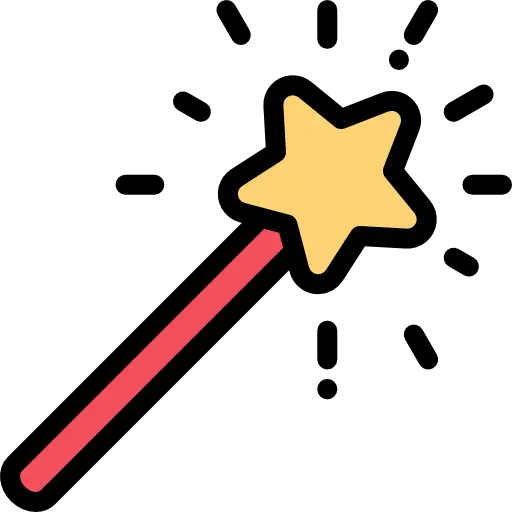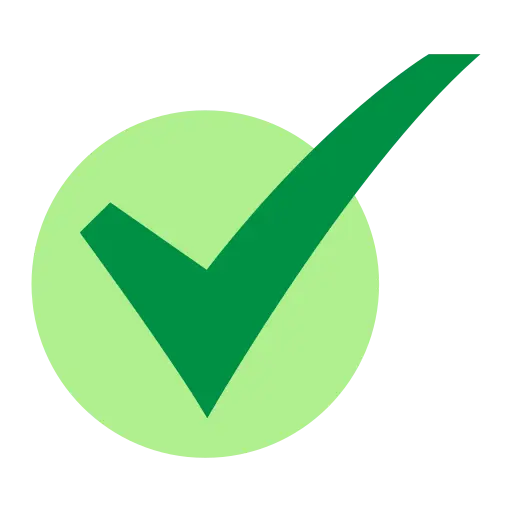Does my resume need a cover letter
Trust Score: 4.8
362 reviews

Table of Contents
If you've ever wondered, “Do I really need to send a cover letter with my resume?” — you're not alone. Many job seekers skip it, thinking it's optional, outdated, or redundant. But here's the truth: in 2025, a well-written cover letter can be the secret weapon that gets your resume noticed.
In this blog, we’ll break down when a cover letter is necessary, why it still matters in a digital-first hiring world, and how it can give your job application a major edge.
Is a Cover Letter Always Required?
Technically, no — not every job requires a cover letter. Some job postings will explicitly state, “No cover letter needed,” while others may not mention it at all. But unless the job post clearly says not to include one, it’s always a smart move to attach one.
Why? Because most recruiters still see it as a sign of professionalism and effort. In fact, according to a recent survey, 83% of hiring managers said cover letters are important in making hiring decisions.
Why Your Resume Still Needs a Cover Letter in 2025
Even in today’s fast-paced, AI-driven job market, a cover letter still brings real value to your application. Here's why:
It Shows Genuine Interest
Anyone can upload a resume, but writing a tailored cover letter signals that you're truly interested in the specific role—not just mass-applying to dozens of jobs.
It Adds Personality and Story
Your resume lists achievements, but your cover letter tells the why behind them. It humanizes your application and gives recruiters a peek into your values, communication style, and career motivation.
It Highlights the Right Fit
A resume can’t always explain career transitions, gaps, or why you're switching industries. A cover letter gives you the space to connect your background with what the company is looking for.
When Can You Skip a Cover Letter?
While it’s generally recommended, there are a few scenarios where it’s okay to leave out a cover letter:
 The job listing specifically says, “Do not include a cover letter.”
The job listing specifically says, “Do not include a cover letter.” You’re applying through a quick one-click platform (like LinkedIn Easy Apply) where no field allows for one.
You’re applying through a quick one-click platform (like LinkedIn Easy Apply) where no field allows for one. You’re submitting a resume at a career fair or networking event where cover letters aren’t typically expected.
You’re submitting a resume at a career fair or networking event where cover letters aren’t typically expected. Internal referrals or informal processes where a conversation is more important than documentation.
Internal referrals or informal processes where a conversation is more important than documentation.
Still unsure? When in doubt, include it. It can only help you stand out.
Do Recruiters Even Read Cover Letters?
Yes — especially when you're being considered for a competitive or higher-level role. Hiring managers often use your cover letter to:
 Learn why you're interested in the company
Learn why you're interested in the company Understand your communication skills
Understand your communication skills Clarify inconsistencies or questions raised by your resume
Clarify inconsistencies or questions raised by your resume See if you’ve done your research
See if you’ve done your research
Want to make sure yours gets read? Use our AI-powered cover letter generator to write a clean, tailored letter in minutes.
How to Write a Cover Letter That Compliments Your Resume
If you’re taking the time to write one, it better count. Here’s how to ensure your cover letter works with your resume—not against it:
 Don’t repeat your resume. Instead, explain what your resume can’t say—like your passion, your why, or a story that shows leadership or problem-solving.
Don’t repeat your resume. Instead, explain what your resume can’t say—like your passion, your why, or a story that shows leadership or problem-solving. Customize it. Mention the company name, the role, and why you’re applying there specifically.
Customize it. Mention the company name, the role, and why you’re applying there specifically. Keep it short. Aim for 250–350 words max.
Keep it short. Aim for 250–350 words max. End with a call to action. Let them know you’d love to interview and discuss more.
End with a call to action. Let them know you’d love to interview and discuss more.
Need help? Our resume builder and cover letter templates are designed to keep your application consistent and professional.
Final Thoughts
So, does your resume need a cover letter? In most cases — absolutely. It’s your first chance to connect with the hiring team, explain what makes you different, and show that you're not just qualified, but genuinely interested.
Even if it's optional, submitting one shows effort—and effort stands out.
Want to make yours impactful? Learn how to write an effective career objective that aligns with your cover letter. Or explore our guide to thank-you emails after interviews — a small gesture that adds a big touch of professionalism.
Not sure which type of document to use? Understand the difference with our detailed post on What is a CV?.
If you’re just starting your job hunt, check out Top Work from Home Jobs or use our intuitive AI Resume Editor to instantly improve your resume.






